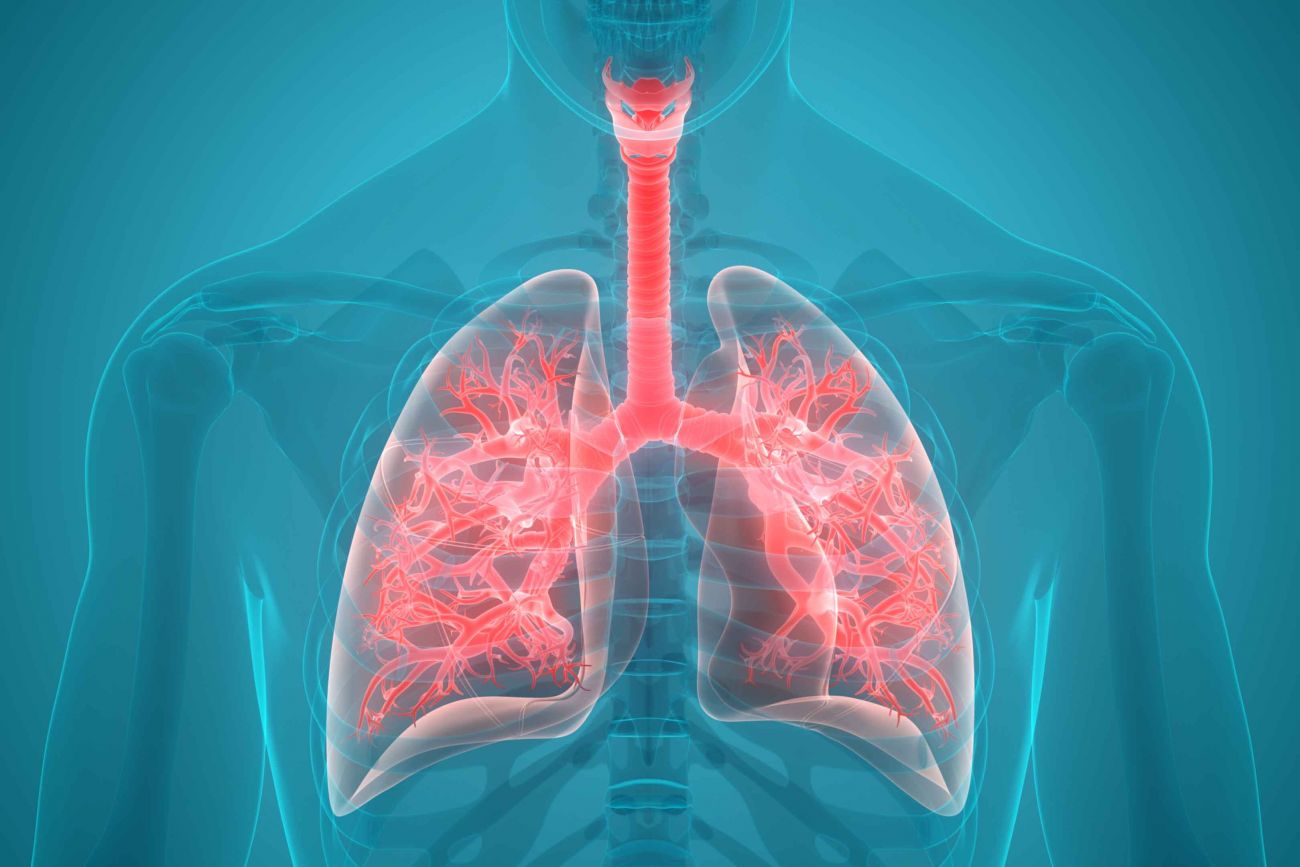If you have discomfort while breathing or feel a nondescript pain in your upper back or chest, you may worry that something is wrong with your lungs. A number of ailments can cause chest or back pain, some as simple as a strained muscle or seasonal allergy. It also could be a sign of a more serious condition like lung cancer. But while you're determining where the pain is coming from, you would be surprised to learn that lung tissue does not actually have pain receptors. The nerve endings that have pain receptors are actually in the lung lining, called the pleura. An injury to the lining of the lung, inflammation due to an infection or invasion by cancer can all cause pain in the chest.
In the case of lung cancer, back or chest pain is caused by the tumor(s) irritating the nerve endings in the pleura, as well as in the bone or muscles that the tumor is invading. Pain also can be the result when cancer growth limits the blood supply to an organ or triggers the formation of blood clots. Lung cancer can occur in locations throughout the chest, so there is no specific location that will indicate that the pain you're feeling is due to lung cancer. However, lung cancer usually does not cause any symptoms in the early stages of the disease. Common symptoms of lung cancer, in addition to chest pain, include persistent coughing, shortness of breath, production of bloody phlegm, weight loss, weakness, fatigue and recurrent pneumonia.
Of course, lung cancer is only one of several conditions that can cause these symptoms. Many of the symptoms are more likely to be caused by less threatening aliments. In most cases, chest and back pain — especially without other symptoms — will not be a sign of lung cancer. That doesn't mean you shouldn't take chest and back pain seriously. If you are experiencing severe or prolonged pain lasting longer than a week, and especially if you have a history of tobacco use, you should seek medical attention and be evaluated by a physician.
Never miss another Cancer Talk blog!
Sign up to receive our monthly Cancer Talk e-newsletter.
Sign up!

